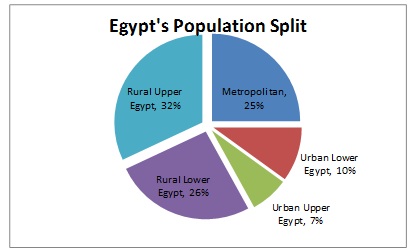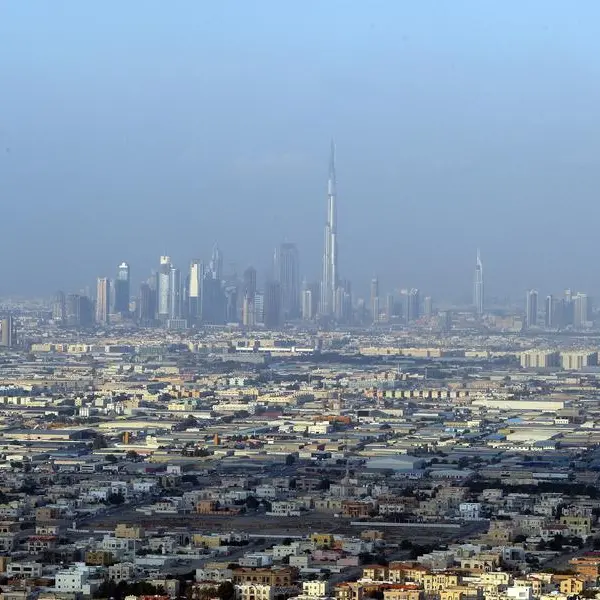The probability of an Egyptian with a post-secondary education having a public sector job has fallen to 30% from 50% in the 1970s as the country's labor market stagnates and in the absence of infrastructure needed to facilitate job mobility.
More jobs are being created in the informal economy of the Arab world's most populous country, following a steady curtailment of the public sector and a weak formal private sector constrained by the investment climate and poor governance.
According to the World Bank, people working in the informal economy are not part of unemployment statistics, lack earnings security, do not have medical insurance or social security coverage and often live near the poverty line.
According to Egypt's Central Agency for Public Mobilization and Statistics the unemployment rate stood at 13.3% of a work force of around 27.57 million in the second quarter of 2014, unchanged from a year earlier.
The fault lines in Egypt's labor market can be traced back to decades of poor planning and policies that did little to improve economic fundamentals.
In addition, successive Egyptian governments focused development projects around the key metropolitan areas of Cairo, Alexandria, Suez and Port Said, but the majority of Egyptians live outside these cities.
The situation is now reaching crisis point. Demographic changes in the Arab world's most populous country mean the "youth bulge" is about to enter the workforce, while rebounding fertility rates are adding to population growth rapidly.
"Currently more than 11 million children are under the age of 5, more than one-seventh of the population and nearly half again as many Egyptians as in the 25-29 age bracket," the World Bank said in a new report.
"When the second bulge generation begins to enter the labor force in a few years, it will shift the age distribution of the labor force leftwards again and place increasing demographic pressure on the labor market.
IGNORING RURAL EGYPT
Data shows that 58% of Egyptians live in the rural regions but metropolitan areas receive the majority of jobs, especially in the formal public sector which offers better wages and benefits. According to the World Bank, more than 70% of non-agricultural employment in Egypt in the 2000s were in the public sector.
"Of the approximately 22.3 million workers in Egypt in 2012, 6.8 million report working in metropolitan Egypt, indicating that 31% of jobs are located in metropolitan Egypt compared with only 25% of the population," the World Bank said. 
Around 14% of employed Egyptians travel between governorates for their jobs, and 26.4% commute between cities.
However, traffic congestion and high costs of travel limit economic opportunities. The average Egyptian spends 500 hours per year in traffic (or nearly a month of waking hours), while average travel speeds are from 11-20 kilometers per hour, according to the World Bank.
Mitigating congestion and smart growth are at the forefront of the development agenda in Egypt, but the political upheaval of the last three years had stalled development projects.
"Even though the Egyptian government has actively pursued substantial efforts including new public transportation systems (e.g. metro), congestion persists," the World Bank says.
"Coupled with the low rates of long-distance internal migration previously observed, it is reasonable to conclude that the lack of a formal private sector in distant Upper Egypt and the systematic exclusion of recent generations from the public sector has been one driver of international migration."
While only 3.3% of households in metropolitan Egypt reported an international migrant, but that figure rose steadily to 10.6% of households in rural Upper Egypt. Just over 71% of Egyptian migrants working in Gulf Arab states.
The World Bank said that policy makers now have a window of opportunity to institute proper reforms before the "echo generation" begins to exert demographic pressure on the labour market.
Whether short-term economic prospects are rosy or gloomy, the government needs to foster structural reforms, such as strengthening the investment climate, improving governance and removing rigidities in the product and labour markets.
The feature was produced by alifarabia.com exclusively for zawya.com.
© Zawya 2014




















